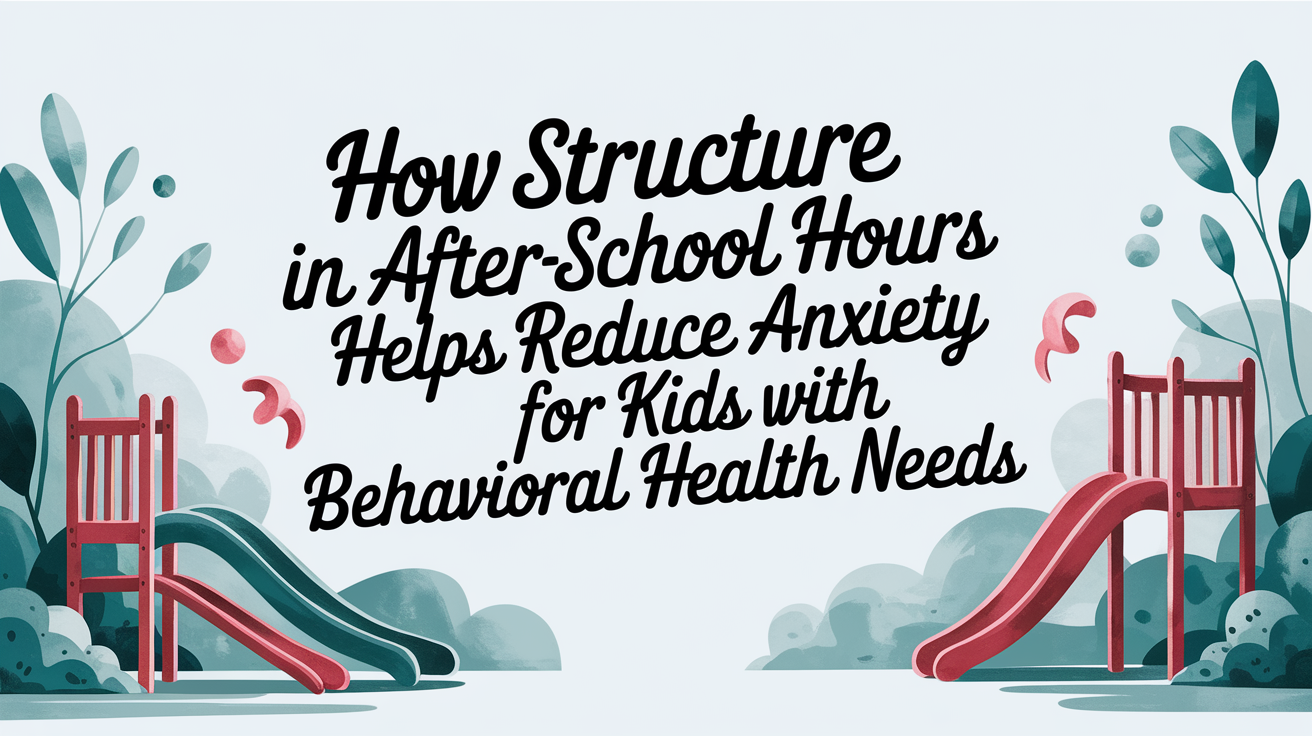
Living with a cognitive disability can present unique challenges in daily life, from managing emotions to navigating social situations and maintaining mental well-being. Behavioral health therapy offers a structured and supportive approach to help adults with cognitive disabilities lead fulfilling and independent lives. Here’s how behavioral health therapy can make a significant impact:
Adults with cognitive disabilities may experience difficulty processing emotions, leading to frustration, anxiety, or outbursts. Behavioral health therapy provides tools and techniques such as cognitive-behavioral strategies, mindfulness practices, and relaxation techniques to improve emotional regulation. Therapists work closely with individuals to help them recognize, understand, and manage their emotions effectively.
Interacting with others can be challenging for individuals with cognitive disabilities, affecting friendships, workplace interactions, and personal relationships. Therapy helps build essential social skills such as communication, active listening, and empathy. Group therapy sessions or one-on-one coaching provide opportunities to practice these skills in a safe and supportive environment.
Stress and anxiety are common concerns for adults with cognitive disabilities, especially when faced with unfamiliar situations or changes in routine. Behavioral health therapy introduces coping mechanisms such as structured routines, breathing exercises, and problem-solving strategies. These techniques help individuals manage stress more effectively and reduce feelings of overwhelm.
Through behavioral therapy, adults with cognitive disabilities can develop greater independence in decision-making and daily tasks. Therapists use positive reinforcement techniques and goal-setting strategies to build confidence and encourage self-sufficiency. This support fosters personal growth and enhances self-esteem.
Some individuals with cognitive disabilities may struggle with impulsivity, repetitive behaviors, or difficulty following instructions. Behavioral therapy employs evidence-based approaches such as Applied Behavior Analysis (ABA) and Dialectical Behavior Therapy (DBT) to address these challenges. Personalized therapy plans help individuals develop positive behaviors and reduce those that may hinder their progress.
Family members and caregivers play a vital role in the well-being of adults with cognitive disabilities. Behavioral health therapy often includes family counseling and education to help caregivers understand how to provide effective support. This includes learning de-escalation techniques, communication strategies, and self-care practices to prevent burnout.
Behavioral health therapy is a powerful tool that empowers adults with cognitive disabilities to overcome challenges, develop essential life skills, and improve their overall quality of life. With the right therapeutic support, individuals can build resilience, enhance social connections, and achieve a greater sense of well-being. If you or a loved one could benefit from behavioral health therapy, consider reaching out to a qualified therapist to explore personalized treatment options.



Please submit your email address and we will reach out to you
And we'll reach out to you